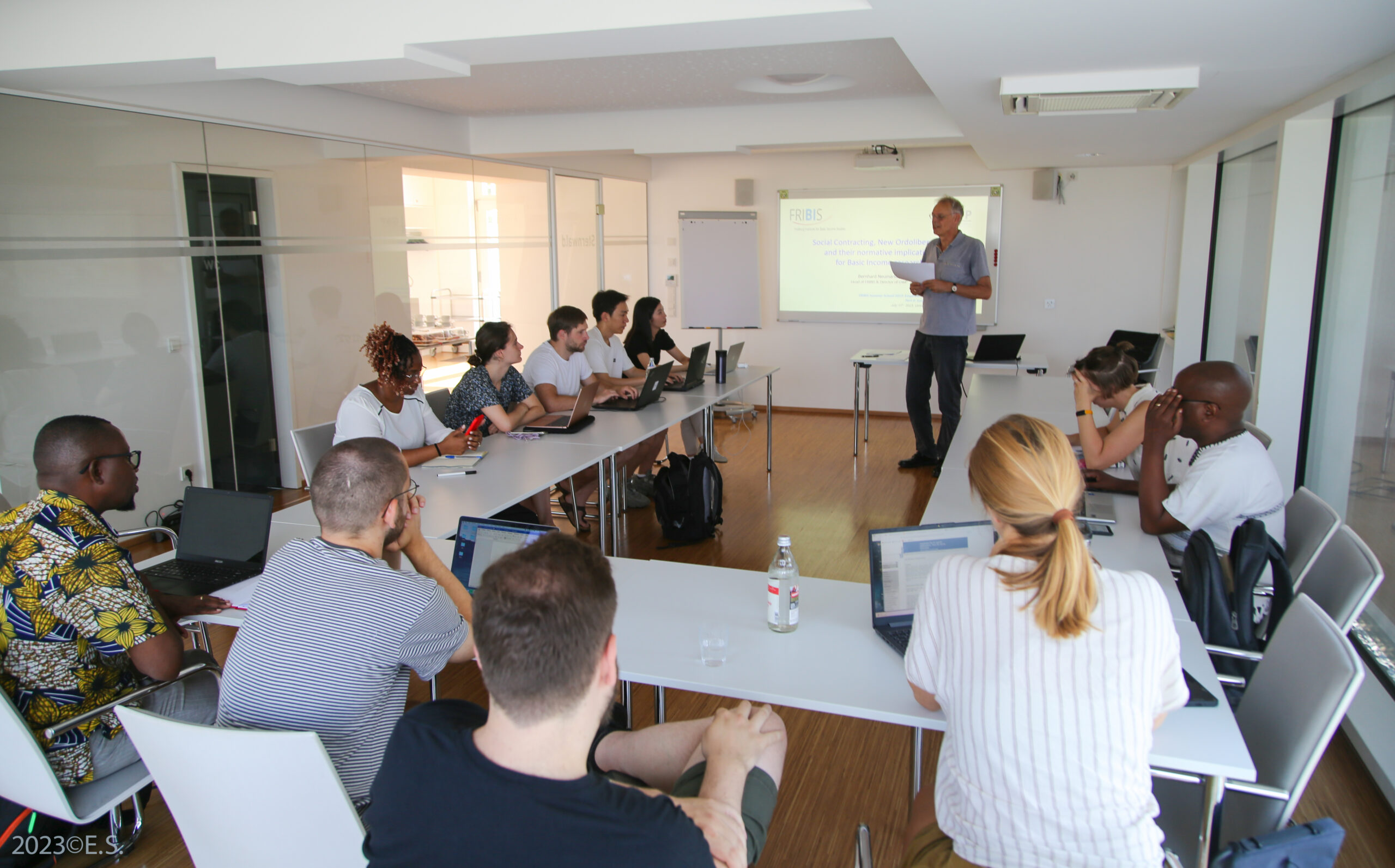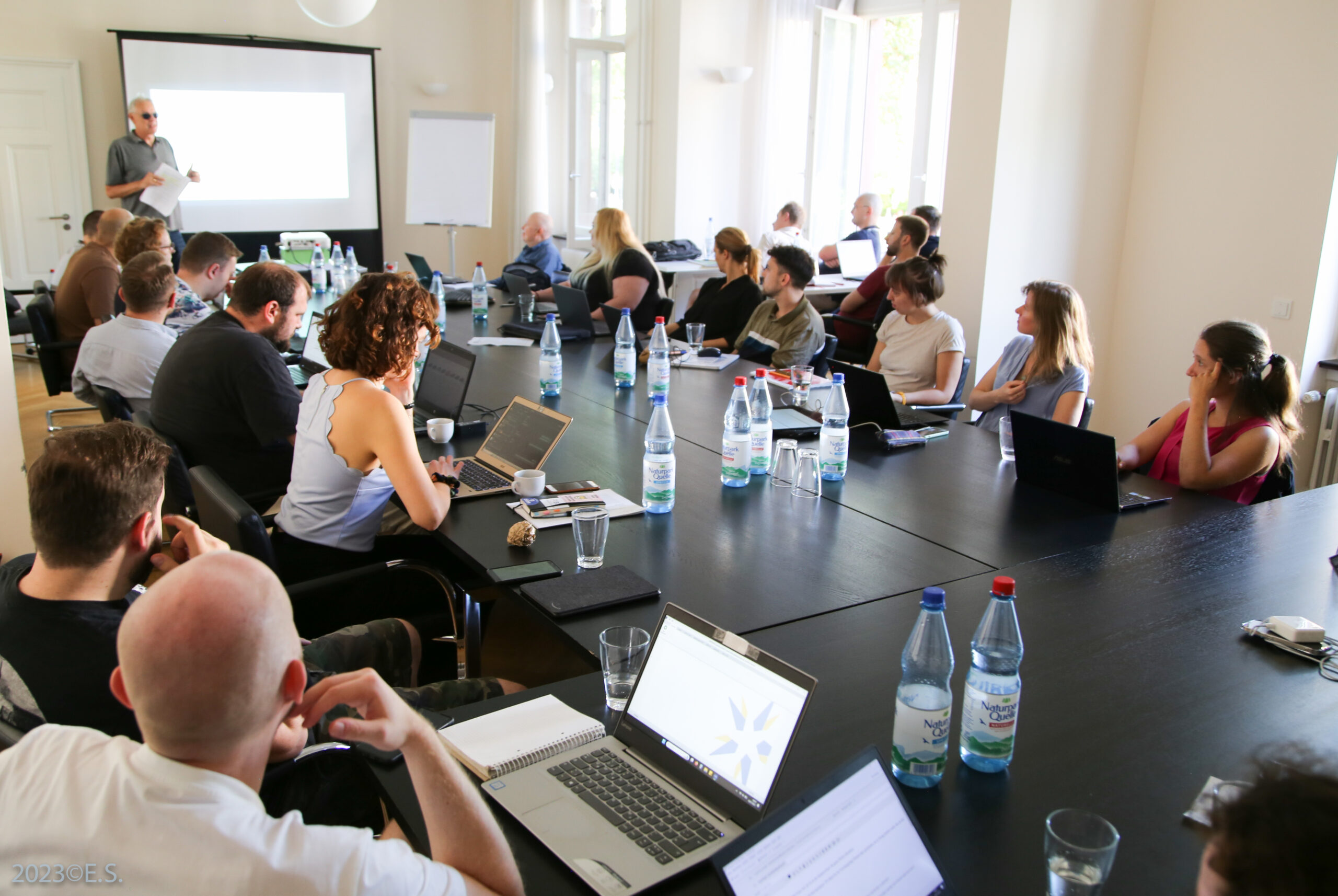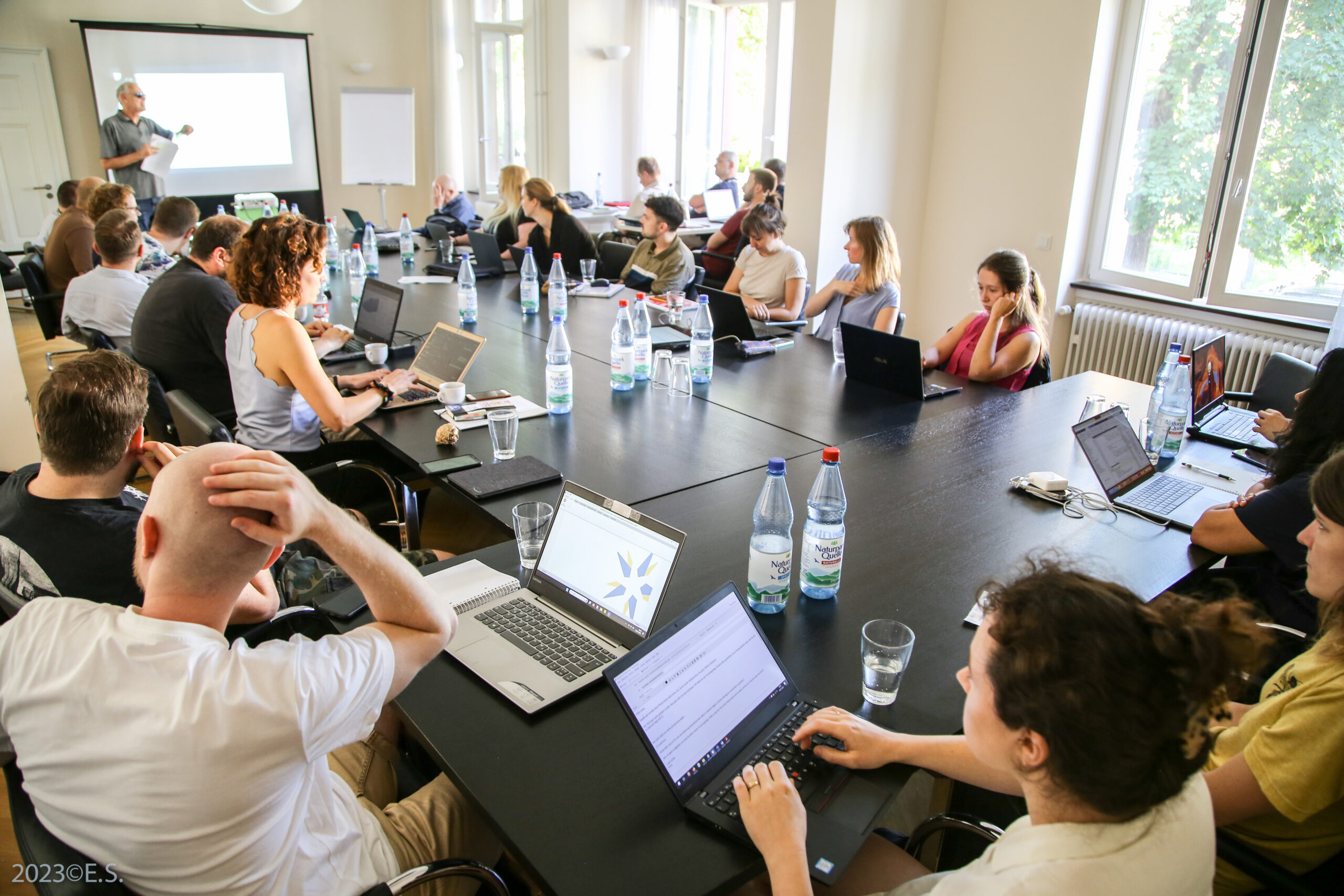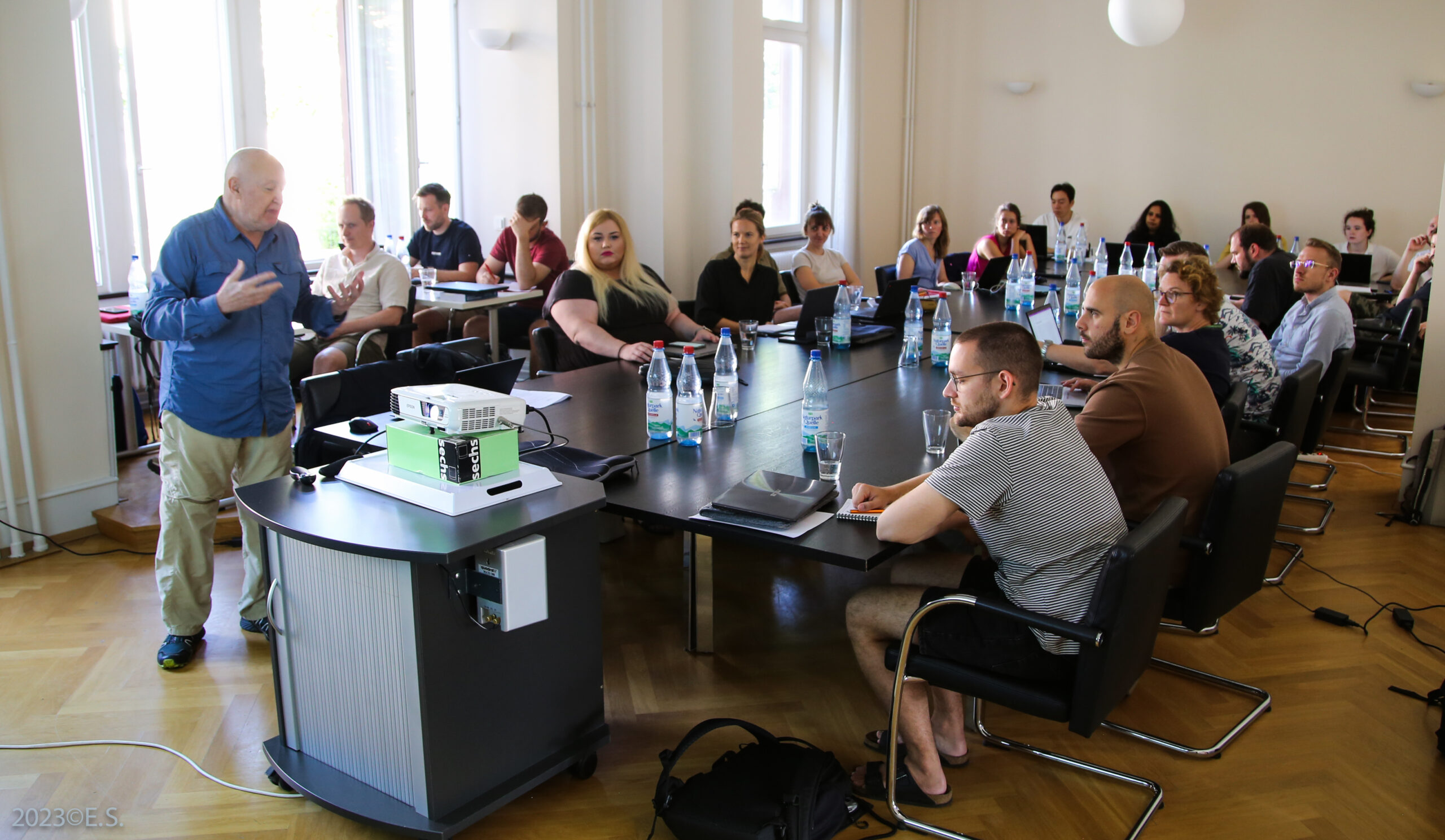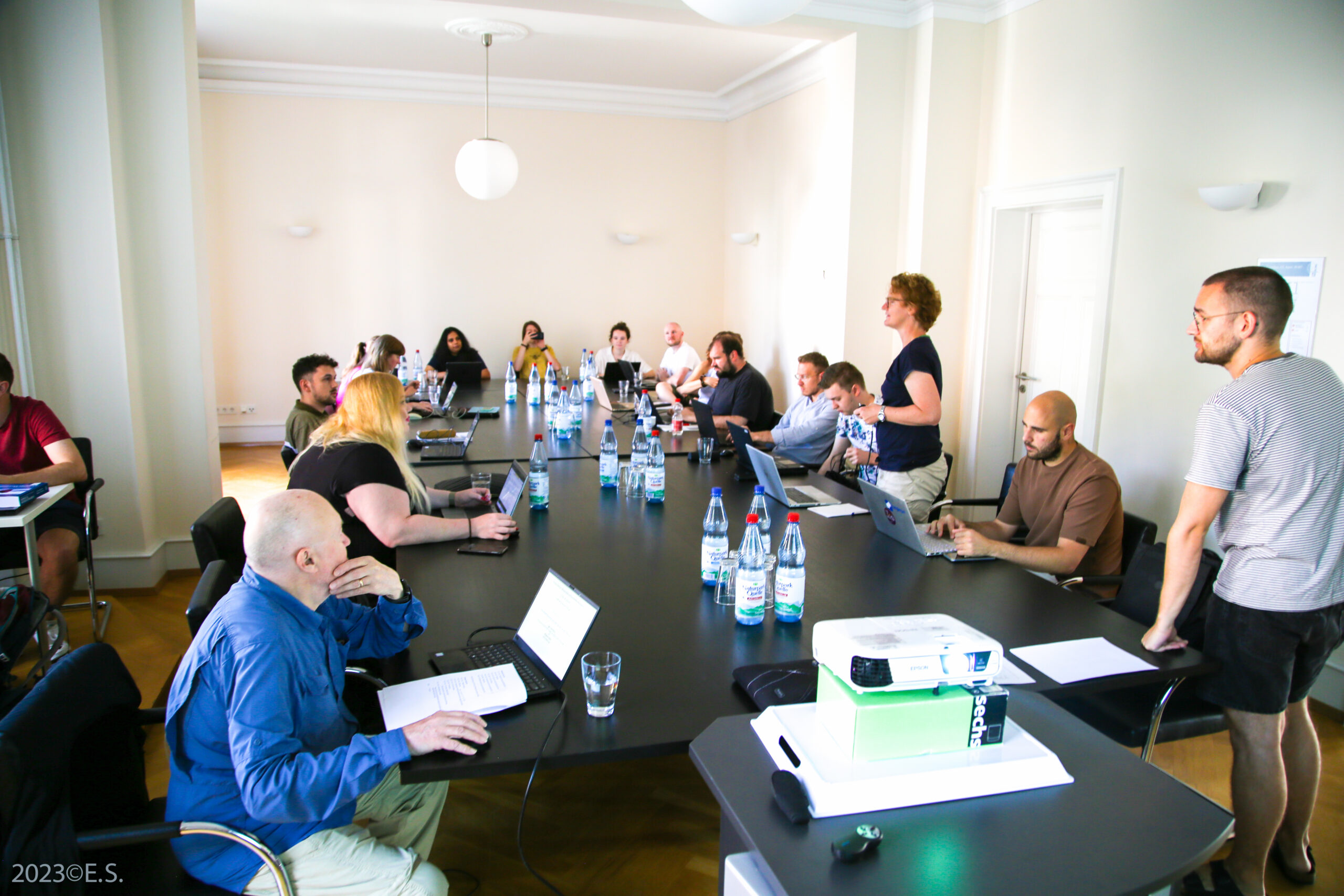In 2023, FRIBIS organised a three-part Summer School on the topic of “Empirical Methods of UBI Investigations”. The aim of the series was to establish a platform for practice-oriented basic income research and to provide participants with the opportunity to exchange ideas with renowned experts in the field.
Which topics were the focus of discussion? What did the Summer School facilitators and participants take away from the events? Has the summer school changed their perspective on basic income? Find out more in the following report.
FRIBIS Summer School 2023 Part 1/3: “How to Build a UBI Pilot”
The question of how to plan and implement a basic income pilot cannot be answered on a purely theoretical level. That’s why FRIBIS invited the experts Sarath Davala (BIEN) and Neil Howard (University of Bath), who had launched the workFREE UBI+ pilot in India, to lead the first part of the Summer School on 10th July. Under workFREE approximately 1250 residents from four informal settlements in Hyderabad, India, most of whom had previously lived on the margins of subsistence as garbage collectors, will receive an unconditional basic income for 18 months, as well as organisational support to help identify and solve problems.
According to Neil Howard, coordinator of the newly-formed FRIBIS team “UBI Experiments”, the Summer School was the first important activity for his team. Neil and Sarath Davala spent a whole day discussing the critical aspects of pilot project design and implementation “ranging from sample selection through ethics, research methods, and advocacy” (Neil Howard).
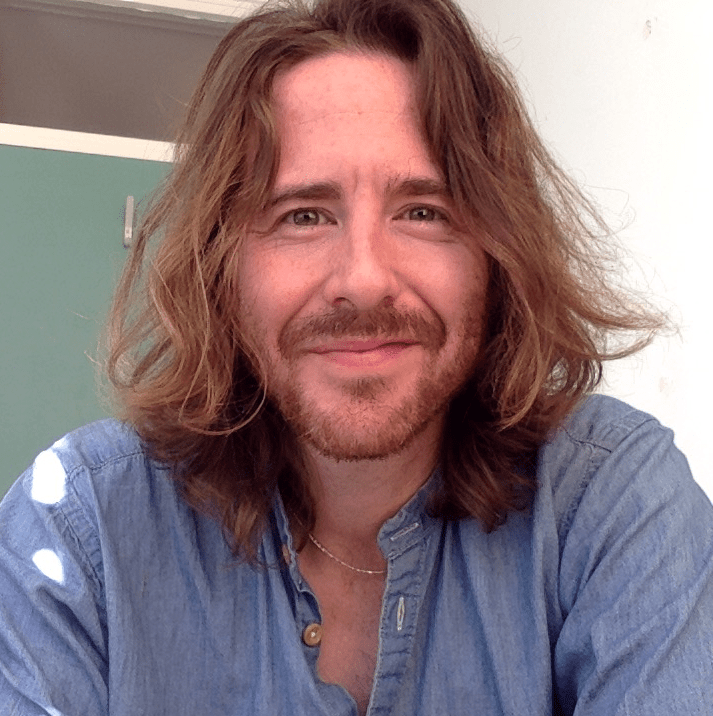
Learn more about the “How to Build a UBI Pilot” Summer School here.
FRIBIS Summer School 2023 Part 2/3: Social Contract Lab Experiments
What basic social rules should apply when introducing a Universal Basic Income? This normative question is mostly answered by means of theoretical arguments but it can also be approached empirically. Experimental economics and behavioural economics offer approaches for testing the social unification and legitimacy potential for a basic income under laboratory conditions. How this works was the topic of the first part of the Summer School, which took place from July 11 to 14, 2023.
The first two days of the first part of the Summer School were led by Prof. Bernhard Neumärker who, in addition to FRIBIS, also heads the Social Contract Laboratory (SoCoLab) Freiburg and thus has many years of experience in the empirical study of social contract selection processes. The last two days of the Summer School were led by three Italian experts, Prof. Lorenzo Sacconi (University of Milan), Prof. Marco Faillo (University of Trento) and Dr. Virginia Cecchini Manara (University of Milan).
We asked philosopher Laura Marcon (Postdoctoral Fellow at the University of Pennsylvania) how she benefited from the Summer School and to what extent her view of the BGE had changed as a result:
The Summer School significantly shifted my perspective on universal basic income (UBI). It highlighted the importance of employing experimental economics methodologies to investigate UBI and showcased the pivotal role that lab experiments can play in understanding public perceptions and developing more feasible solutions in this domain.” (Laura Marcon)
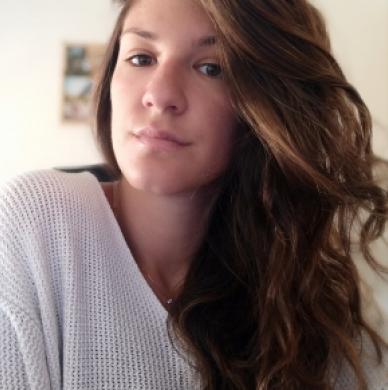
Learn more about the “Social Contract Lab Experiments” Summer School here.
FRIBIS Summer School 2023 Part 3/3: “Microsimulation and Social Welfare Maximization”
The third and final part of the Summer School was held from July 18 to 20, 2023 and was led by Ugo Colombino (University of Turin) on the topic of microsimulation and wealth maximization. Microsimulation models are computer-based models that simulate individual decisions and behaviours based on big data to analyse the impact of policies or social changes on individuals and households. As far as basic income research is concerned, they provide researchers with the means to find out, for instance, how the payment of a UBI would affect people’s living conditions, what effects such a payment would have on the labour market and how UBI payments would have to be designed in order to maximize social welfare.
The workshop aimed to familiarise young researchers and established researchers new to the field of static modelling with the theoretical foundations and possible applications of microsimulation. It covered the entire spectrum of application, from research design to result analysis.
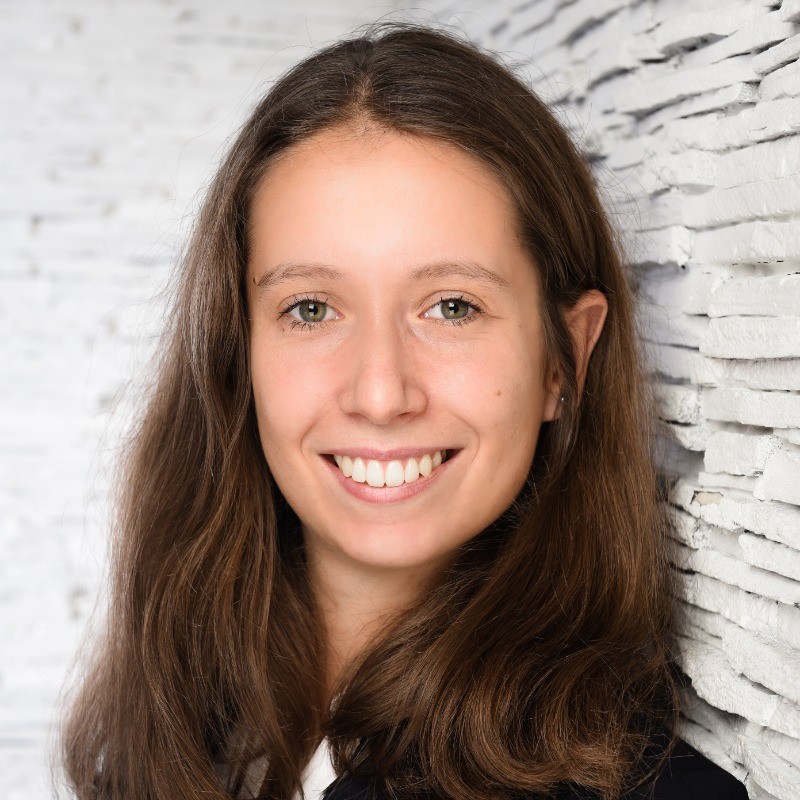
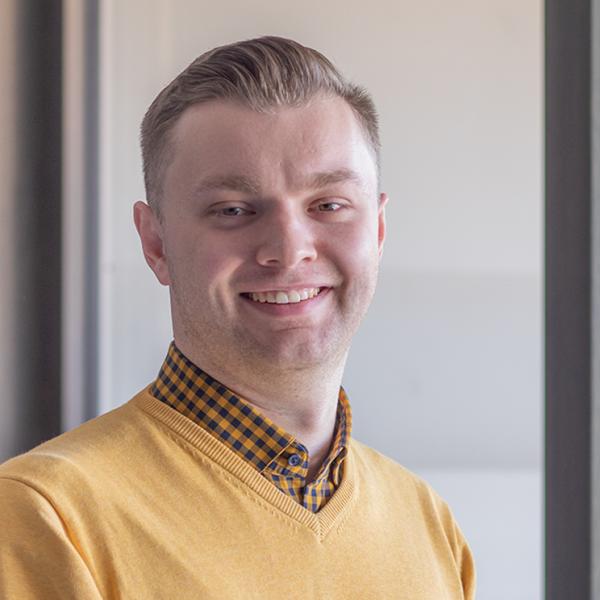
Learn more about the “Microsimulation and Social Welfare Maximization ” Summer School here.
Conclusion
The FRIBIS Summer School 2023 was a huge success. We are now motivated to host a Summer School in Freiburg again next year, providing a platform for international basic income research. The final word goes to Simon März – research associate at FRIBIS and coordinator of the XUBI research team. Simon participated in all three parts of the Summer School.
“For me as a participant, the Summer School was not only very exciting and diversified in terms of content, but also a wonderful place to exchange ideas with many other researchers in the field about their research and research approaches. Much of the inspiration will continue to accompany me in my own research and I can highly recommend everyone to attend the next Summer School.” (Simon März)

